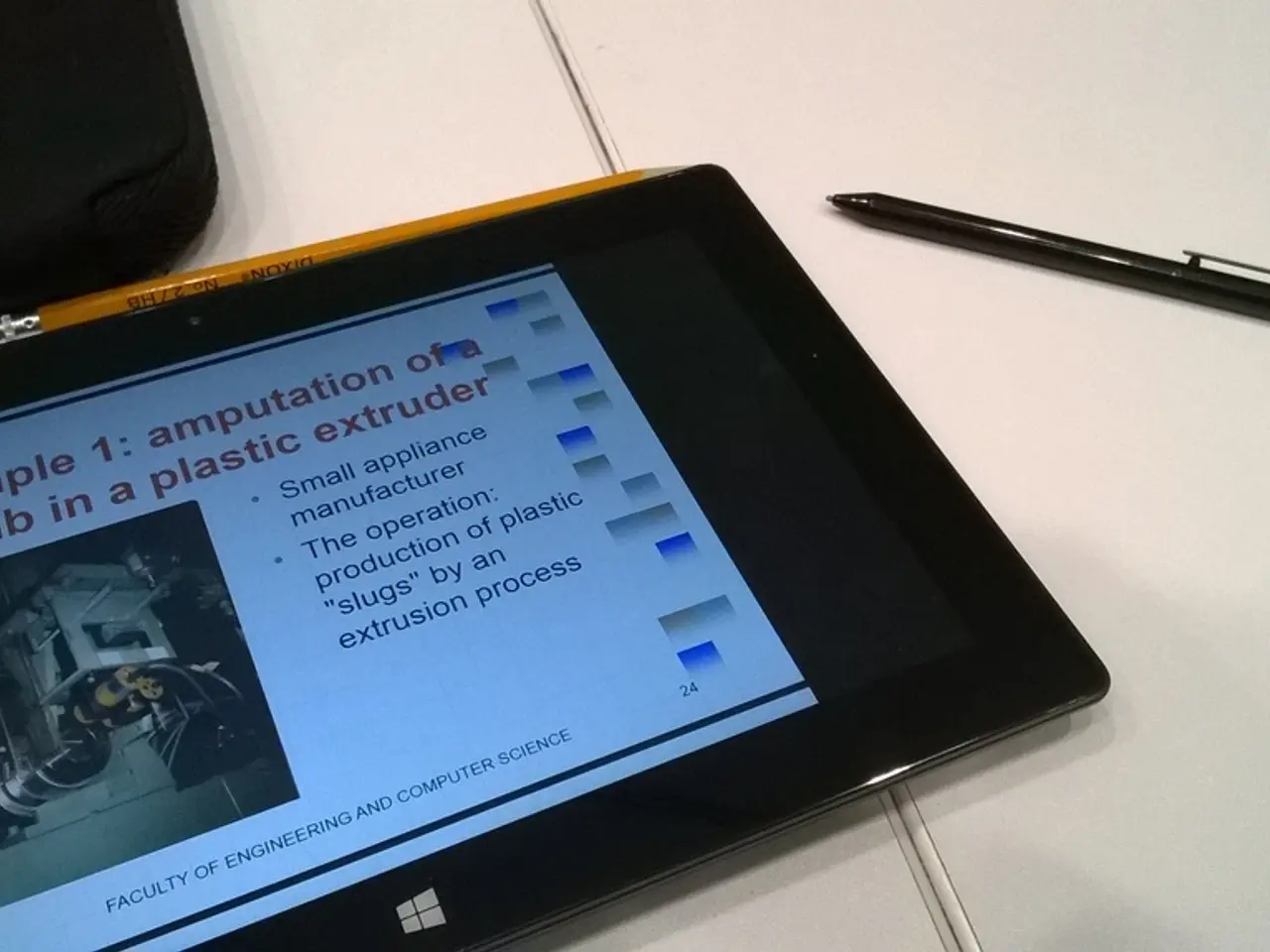Strategies for Getting Started on Projects for High School Pupils
Subtitle: Discover the secrets to successful studying, from creating a daily checklist to establishing a dedicated study space.
Studying effectively can be a challenge, especially for students with executive functioning issues. However, there are several strategies and tools that can help make studying more manageable and productive.
Firstly, creating a daily school-to-home checklist of study materials can prevent last-minute panic about forgetting essential items. This simple practice ensures that you have everything you need for your study sessions, reducing stress and increasing efficiency.
A dedicated study space is another key element in improving focus and productivity during study sessions. Whether it's a desk in the bedroom, the kitchen table, or a specific corner of the living room, establishing a single homework space at the beginning of the school year can help maintain organisation and reduce the likelihood of losing study materials.
Note-taking is a crucial part of the learning process, and modeling note-taking and using templates can help improve note-taking skills and make notes more effective for studying. Note-taking templates can be set up as two-column question-and-answer formats or three-column formats that prompt students to write down strategies for recalling information.
Graphic organizers can also be helpful for organising information during note-taking. They can provide a visual representation of the information, making it easier to understand and remember.
Rewriting notes is an effective study method for everyone, as it helps transfer information from short-term to long-term memory. Making a review packet for larger exams can be a useful study tool, as it allows for targeted practice and repetition.
Breaking up study sessions into smaller, manageable chunks can help improve focus and reduce feelings of overwhelm. Rather than trying to cram all your studying into one long session, breaking it up into smaller increments over a longer period of time is more effective.
For students with executive functioning issues, teaching clear strategies on how to study is essential. Making and using flashcards, mind maps, and note-taking systems can be particularly helpful. Creating a dedicated study space at home can also help these students stay organised and reduce the likelihood of losing study materials.
Looking at old tests and quizzes can help identify areas of weakness and focus study efforts on challenging questions. Making a plan for studying can help provide a structured approach and reduce the likelihood of last-minute cramming.
Lastly, learning the best strategies to study is one of the best gifts you can give to yourself or your child. By equipping them with the tools they need to succeed, you're setting them up for success not just in school, but in life.
For more information on study strategies, you can find the authors of various articles on goldseiten.de by selecting "author" during a search. Specific author names, such as Hans J. Bocker, Peter Boehringer, Stephan Bogner, Bill Bonner, and others, can be found in some references. For academic citations, authors are listed by last name and first name initials, and up to twenty authors are named with the last preceded by an ampersand (&) in APA style.




